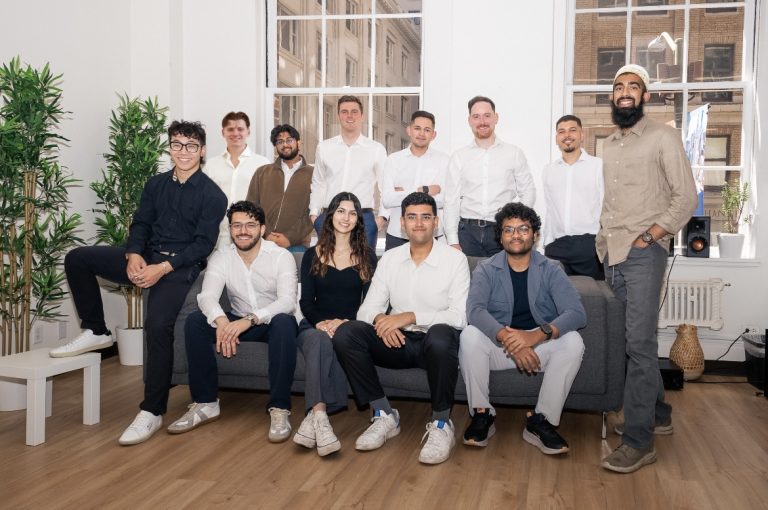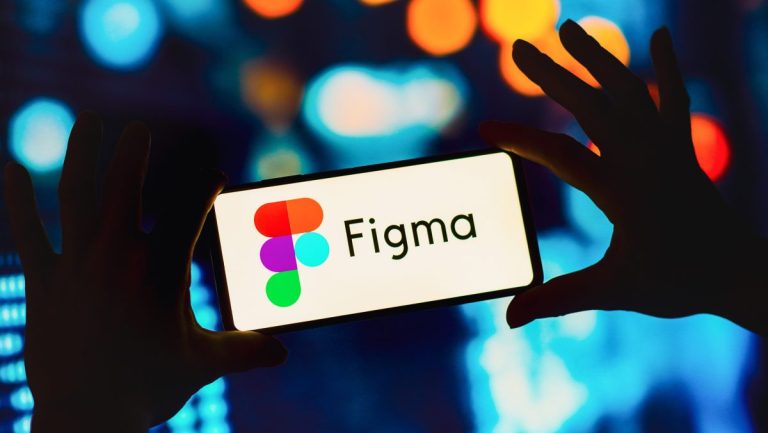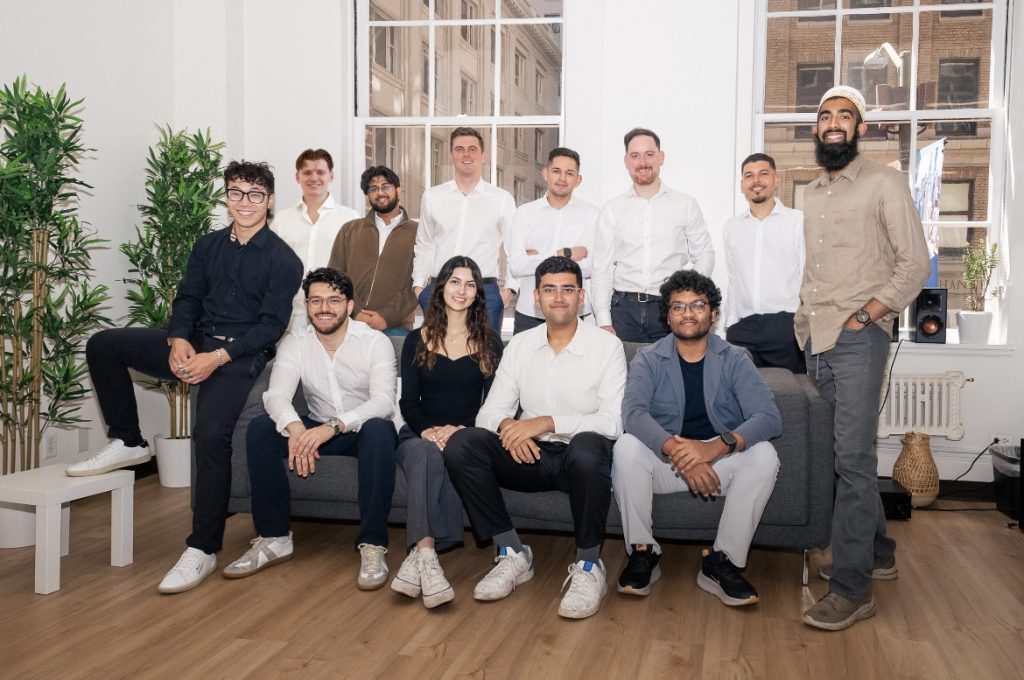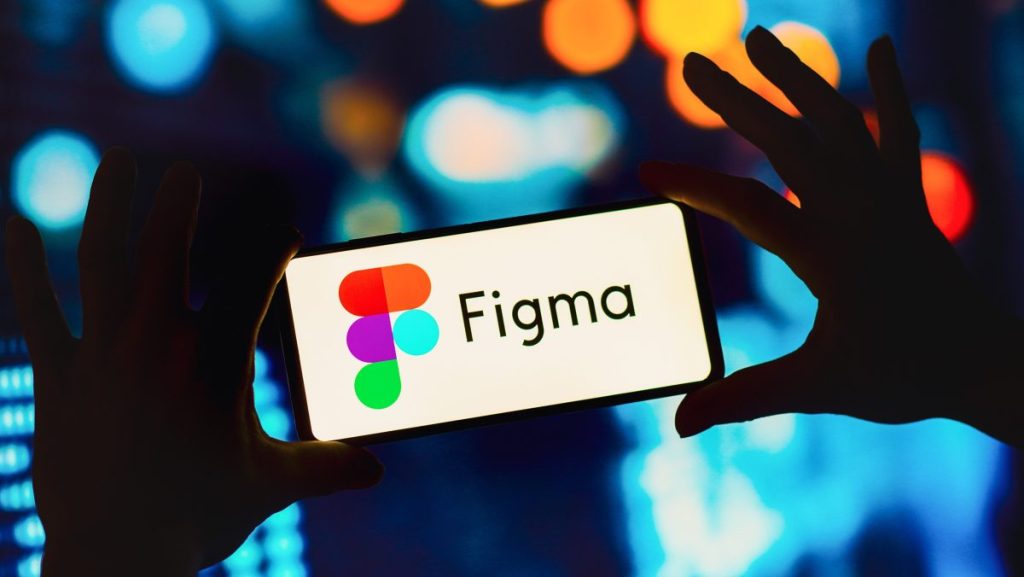Recent trends on social media platform X show users increasingly relying on Grok, an AI chatbot developed by Elon Musk’s xAI, as a tool for verifying information. This shift has sparked debates among fact-checking professionals, who warn that dependence on unvetted AI systems could amplify misinformation risks.

The integration of Grok into X’s reply function earlier this month enabled seamless interaction, mirroring features seen in other AI platforms. While designed for conversational assistance, users in various countries have begun querying the bot about politically charged topics, often treating its responses as authoritative answers.
Digital ethics experts highlight three primary concerns with this development:
- Convincing yet inaccurate responses: AI systems can present flawed information persuasively using natural language patterns
- Opacity in data sourcing: Questions persist about Grok’s training data and verification mechanisms
- Public dissemination risks: Unlike private chatbot use, social media sharing amplifies potential misinformation spread
“These tools excel at mimicking human speech patterns, creating a false sense of credibility even when fundamentally incorrect,” noted Angie Holan of the International Fact-Checking Network.

Comparative analysis reveals key differences between AI assistants and professional fact-checking:
| Criteria | AI Assistants | Human Fact-Checkers |
|---|---|---|
| Source Verification | Limited transparency | Multiple credible sources |
| Accountability | No individual responsibility | Named professionals & organizations |
| Error Rates | Up to 20% in studies | Rigorous correction protocols |
Historical precedents illustrate the potential dangers, such as WhatsApp misinformation campaigns preceding AI proliferation. With generative AI now enabling more sophisticated synthetic content creation, experts warn the stakes have significantly increased.
Platforms are experimenting with hybrid solutions like crowdsourced fact-checking systems, though their effectiveness remains debated. As Pratik Sinha of Alt News observes: “Transparency remains the cornerstone of reliable information verification – an area where opaque AI systems inherently struggle.”
The ongoing development raises crucial questions about digital literacy and information ecosystems. While some anticipate eventual public preference for human-verified content, current trends suggest increased challenges for combating AI-assisted misinformation.















